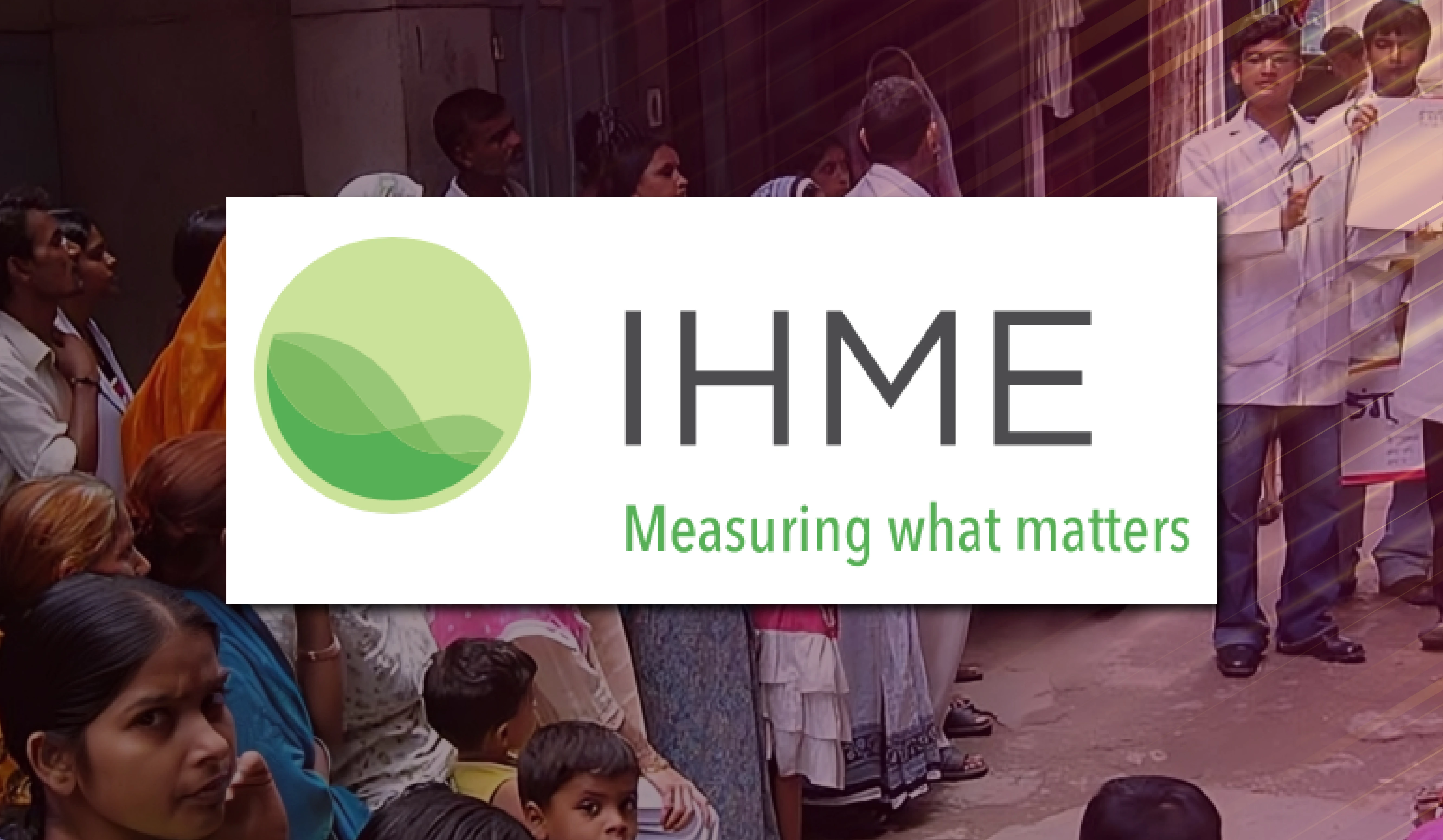India has 10.1 crore diabetics (ICMR–INDIAB, 2023), with rising incidence among younger, urban, working-age adults.
Relation between Workplace stress and diabetes risk:
- Chronic Stress: It keeps the body in a state of heightened alert, leading to elevated levels of cortisol and adrenaline.
- These high hormone levels disrupt normal glucose metabolism & body is encouraged to favor fat accumulation, particularly around the abdomen (central weight gain).
- Long commute hours: Reduces time for exercise and rest.
- Irregular meal timing and sedentary work environments: Directly affects digestive processes and calorie utilization.
- Shift Work (especially night shifts): Disrupts circadian rhythms, which govern metabolism. When sleep and meal timing are irregular, insulin sensitivity drops, leading to unstable blood sugar profiles.
About Diabetes:
- Chronic non communicable disease that occurs either when the pancreas does not produce enough insulin or when the body cannot effectively use the insulin it produces.
- Insulin is a hormone that regulates blood glucose.
Major Types of Diabetes
- Type 1 Diabetes: Autoimmune destruction of insulin-producing beta cells in the pancreas.
- Type 2 Diabetes: Body’s cells become insulin resistant; pancreas cannot produce enough insulin to compensate.
- Gestational Diabetes: Due to High blood glucose during pregnancy.
Government initiatives to control diabetes
|





